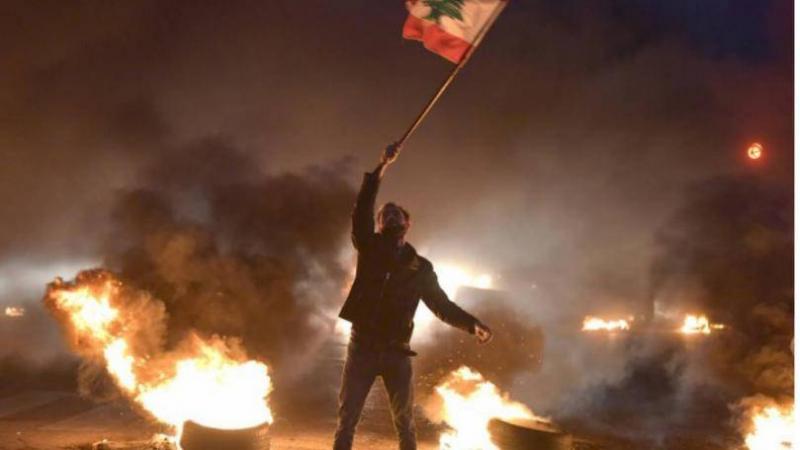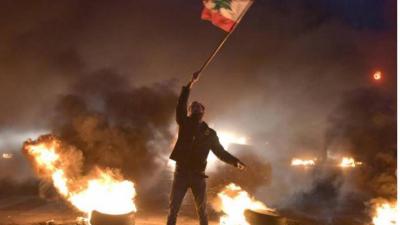Everyone agrees that the vacuum in official institutions, both governmental and presidential, is detrimental to the country, which is suffering from severe political, financial, and living crises. Nevertheless, officials are vying for ministerial positions here and there, as if they possess the luxury of time and the country is in a good condition, ignoring the looming threat of institutional vacuum. Lebanon, with its financial crisis, cannot afford the existence of unqualified governments and constitutional political disputes, in addition to internal political divisions. This necessitates discussions in local and international backchannels for a wise figure to assume the presidency, capable of forming a consensus space between the inside and the outside. The fundamental disagreement in Lebanon today will not be solved by electing a president or forming a government; it must be addressed regionally and internationally, and thus the division will remain pending a U.S.-Iranian-Saudi settlement.
Change deputy Yassine Yassine announced to "Al-Markazia" his rejection of constant reliance on the outside. He predicted that if this mentality continues, the critical phase from now until the presidential elections will be very tough, "not only because it is filled with local and regional challenges but also due to the officials' abandonment of their minimal duties in addressing the affairs of the nation and the citizens who suffer from poverty, hunger, and humiliation in securing the basic necessities of life such as food and medicine. This is in addition to the existing trend to completely lift subsidies on basic living materials like bread and others."
He continued: "Even when we met with the Prime Minister-designate for the formation of the government, we did not sense the necessary determination from him to form it, although the circumstances in the country require the existence of an effective government and the declaration of a comprehensive state of emergency, along with the constant convening of the parliamentary council to cope with the phase, curb the collapse, and find ways to put the country on the path to recovery. Leaving things unaddressed, as is currently the case, means a major collision and the declaration of Lebanon as a failed state, especially as its global ranking continues to slide from bad to worse."
Regarding the change deputies' stance on border demarcation and adherence to line 29 without concessions and affirming it at the United Nations, he said: "We have visited the three presidents, and even Hezbollah, and found no encouragement or support to proceed in this direction. Without the executive authority and diplomatic frameworks, our movement remains incomplete and ineffective, especially since the topic's reference is the United Nations."




